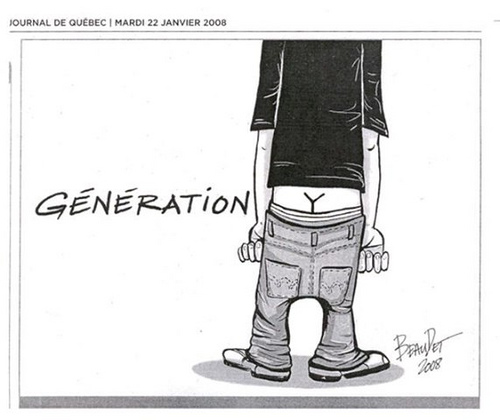A Message from Michael Arkes, CEO of Hinda
It’s no secret that some manufacturers in Asia and other parts of the world have come under scrutiny due to workplace conditions and the questionable treatment of their employees. Most of us who hear these types of stories assume that the exploitation of workers is an unacceptable business practice that is only occurring in under-developed or developing economies. Unfortunately, many will be surprised to learn that the same kinds of conditions and treatment can be found right here in the United States.
Just a couple of weeks ago, I came across the Mother Jones article “I Was a Warehouse Wage Slave” – an expose by reporter Mac McClelland, who worked at fulfillment warehouses last holiday season in order to report on the conditions there. It is a 14-page article, but like any gripping story, you will not want to put it down.
But why is this on a blog focused on the incentive industry? How does this apply to us? While we at Hinda ship about 92 percent of our orders from our own warehouse, this is not the norm. Most of our competitors ship few of their orders from their own facilities, and some don’t ship any at all.
This means that the fine, upstanding corporation with the impeccable reputation might actually be having its award orders fulfilled by a “warehouse wage slave.” I’m suggesting that sometime in the future, corporations will not want their award orders fulfilled by fulfillment companies that blatantly exploit their workers. They will not want to be associated with these companies.
Fortunately, there are award fulfillment companies like Hinda that appreciate how important every team member is to delivering quality service to both our customers and their program participant. This past December, instead of abusing our employees in an effort to get them to perform, we provided them with an incentive for coming in to work every day during this short, busy season. We have created a culture where everyone wins – the program participant, the customer, our employee and our company.
We are a socially responsible award provider for your socially responsible corporate customers. Again, here is the link to the article “I Was a Warehouse Wage Slave.” Let us know your reaction.

